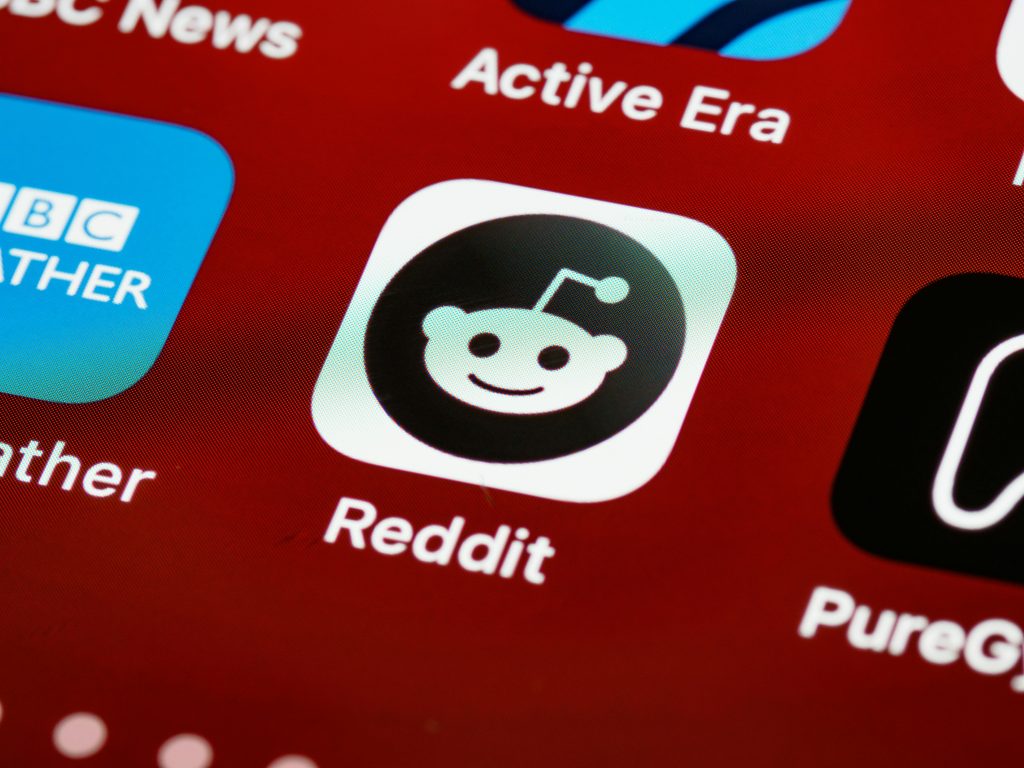Understanding Kaspersky Security Cloud: The Hidden Cost of Free Antivirus
In the realm of cybersecurity, Kaspersky Security Cloud has made a name for itself as a reputable antivirus solution. However, as with many free offerings in the commercial software landscape, there is often a catch. After installing Kaspersky Security Cloud Free, I took the time to thoroughly read the terms of service and privacy policies, revealing a concerning reality: the “free” aspect may come at the expense of your privacy.
The Reality of “Free” Software
It’s crucial to remember that when a product is free, you often become the product. Kaspersky, like many other companies in the software industry, collects extensive data from its users, and this is explicitly detailed in their privacy policies. Here are some key takeaways regarding what Kaspersky may monitor and collect:
- User Identification: Kaspersky assigns a unique identifier to your device, allowing them to track data back to you.
- Data Collection for Marketing: The company can collect and utilize your personal data for marketing purposes, potentially selling it to third parties.
- Monitoring Computer Activity: Information, including your computer’s name, usernames, installed devices, drivers, and specifications, is logged and analyzed for marketing insights.
- Website Activity Logs: Kaspersky records the URLs you visit and analyzes this data, ostensibly for both security ratings and marketing insights.
- Traffic Interception: To provide its services, Kaspersky can intercept all web traffic, including secure HTTPS connections. This involves installing a root certificate on your machine, which enables them to monitor the content of secure communications—an approach that raises security concerns as it could mask potential threats.
- Application Usage Tracking: The software logs all applications you install and their usage patterns, providing Kaspersky insights into your behavior as a user.
- Suspicious Activity Detection: They also monitor for suspicious activities within applications, collecting data to improve their protective measures.
A Trade-off for Security
In essence, Kaspersky Security Cloud is collecting vast amounts of data that could be highly valuable. While the antivirus software is recognized for its efficiency and effectiveness—boasting one of the lowest CPU usage rates and quickest scanning speeds—it’s important to weigh the benefits against the privacy costs. The company, with its innovative technology and a history of excellence in detecting new threats, has developed a strong product. However, the substantial data collection may compromise your privacy.
An Alternative with Added Privacy
Share this content:




Thank you for sharing this detailed overview of Kaspersky Security Cloud and its privacy implications. If you’re concerned about data collection and monitoring activities, here are some suggestions to enhance your privacy:
Balancing security and privacy can be challenging, but by choosing tools with transparent data policies and employing layered security approaches, you can better protect your personal information while maintaining effective cybersecurity measures.